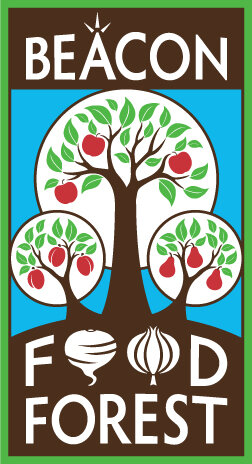Description
Join us for an immersive exploration of wild bees! We'll dive straight into understanding bee anatomy, distinguishing bees from lookalikes, and discovering the fascinating life cycles of solitary bees. Then, we'll venture into the gardens to observe and catch wild bees in action. Guided by experts, we'll release them back into their habitat before reconvening to share our findings and insights. Get ready for a hands-on experience that will deepen your appreciation for these important pollinators!
In this workshop, topics will include
Understanding bee anatomy
Distinguishing bees from lookalikes
Learning about the life cycles of solitary bees
Observing wild bees in gardens
Catching wild bees in action
Releasing wild bees back into their habitat
Sharing findings and insights with experts
Deepening appreciation for pollinators through hands-on experience
Tickets are $35.00 with some sliding scale availability
BIPOC Solidarity
In solidarity with food justice and food sovereignty for Black, Indigenous, and People of Color (BIPOC), we reserve spaces in each class for BIPOC community members free of charge. If you identify as BIPOC, and would benefit from a free option, select this ticket type. Limited Quantity.
Registration Link: https://www.eventbrite.com/e/wild-for-wild-bees-tickets-906019006237?aff=oddtdtcreator
Please reach out to Asha Nelson if you have any questions
About the Instructor
Chloe Markovits
Chloe is an ecologist, horticulturist, and educator. She has presented her research findings on bee biology at national symposia, has taught public workshops in schools and gardens across the country, and helps create sustainable home gardens through her local work in landscaping. Chloe is passionate about understanding how insect pollinators cope in human-dominated landscapes, finding ways to support them throughout their life cycles, and generating community enthusiasm for these fascinating creatures.
